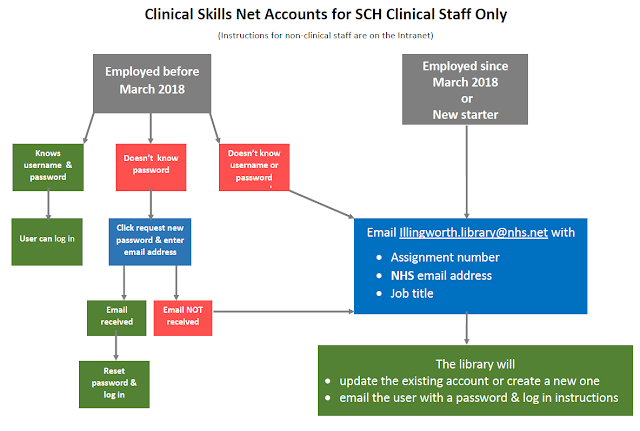I hope you all had time for some sort of break over Easter and were able to enjoy the warm days that we had before we returned to winter. Please note the library will be closed on Wed 14th April in the morning until 13:00. This is for staff training - sorry for any inconvenience
Things to read...
The last book which we read in the Reading Group proved popular 'Once upon a River by Setterfield and our next is Midnight Library by Matt Haig. The next meeting will be via Microsoft teams on 5th May at 18:30. Please contact the library if you would like the joining link.
Somewhere out beyond the edge of the universe there is a library that contains an infinite number of books, each one the story of another reality. One tells the story of your life as it is, along with another book for the other life you could have lived if you had made a different choice at any point in your life. While we all wonder how our lives might have been, what if you had the chance to go to the library and see for yourself? Would any of these other lives truly be better?
In The Midnight Library, Matt Haig’s enchanting new novel, Nora Seed finds herself faced with this decision. Faced with the possibility of changing her life for a new one, following a different career, undoing old breakups, realizing her dreams of becoming a glaciologist; she must search within herself as she travels through the Midnight Library to decide what is truly fulfilling in life, and what makes it worth living in the first place.
Things statistical...
We are often asked if the trust provides statistical help for research projects - we have some books of course and the Research Dept are trying to arrange some more structured help - particularly advice before a project is started. However we do now have SSPS software installed on one computer in the library so if you know what you are doing and how to use this then you are welcome to contact the library to book a session to use it. We cannot currently offer any training.
Things about children's brain development...
The NSPCC evaluated a programme pilot conducted in Glasgow to understand professionals’ experiences of attending a Sharing the Science workshop and using the Sharing the Science metaphors in practice. They also conducted focus groups with parents, carers and young people to explore their responses to the Sharing the Science metaphors. The report and more information on 'Building a shared understanding of child brain development between professionals and families' can be found via the link.
Online training using Clinical Skills Net...
Various mandatory and other SCH training is now hosted by Clinical Skills Net. The library introduced this to the Trust and so helps with registration of users. We are however inundated unnecessarily with requests for help which don't actually need to come to us and also old information is still be circulated in some departments causing confusion. The flowchart below will help - please use this in your areas of work for Clinical Staff needing to access CSN. Thank you for your help.
Things about youth involvement in chronic illness... The Lancet Child & Adolescent Health, have previously worked with young people in their podcasts, Commission, and cover art, but they recognise that they can do more. The message from their young collaborators—that there should be “nothing about us without us”—is loud and clear. To ensure the work they do is meaningful and important to the next generation, they say they must include them as partners in research.
As a first step, they are creating a youth advisory panel as they relaunch their International Advisory Board. We are looking for five individuals aged 16–24 years from diverse backgrounds, who have lived experience of a chronic illness, a passion for health advocacy, or an interest in global child health and rights. The panel will contribute to the journal's content and advise on editorial priorities. They look forward to receiving applications before the 30th April. You may have current or former patients you know who would be interested in this opportunity.
Things to make...
The news that HRH Prince Philip has passed away this morning came through whilst I was writing this blog. Although a divisive figure in some respects he was obviously a great support to HM Queen Elizabeth and gave many years service to the country. So with reference to his Greek roots I have chosen this recipe to make this week - a classic Moussaka.


























